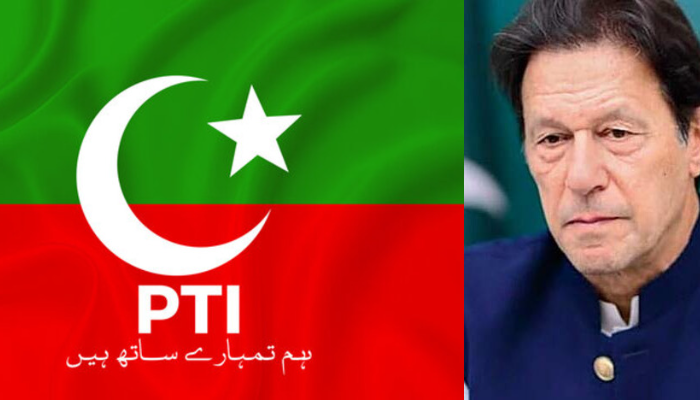
Party members are leaving PTI. The growing exodus from Pakistan Tehreek-e-Insaf (PTI) led by Prime Minister Imran Khan is raising concerns about his leadership and its implications for Pakistan’s political landscape. As disillusionment with PTI’s performance increases, individuals are leaving the party due to unmet promises, policy criticisms, and internal conflicts. This presents a challenge for Imran Khan to address concerns, re-evaluate policies, and regain public trust amidst a shifting political environment in the country.
One of the primary reasons people leave the PTI is a sense of disillusionment with the party’s ability to deliver on its promised reforms. When the PTI came to power in 2018. It carried with it a vision of tackling corruption, improving governance, and uplifting the economy. However, as time progressed, some individuals felt that these promises were not being adequately fulfilled. The gap between expectations and reality has led to frustration and disenchantment among supporters.
Another contributing factor to the exodus from PTI is the criticism of the party’s policies. While the PTI has implemented certain initiatives. As with the Ehsaas program aimed at poverty alleviation, critics argue that the party’s policies have failed to address key issues effectively. Concerns regarding the economy, unemployment, inflation, and the handling of the COVID-19 pandemic have fueled discontent among some PTI supporters. And prompting them to seek alternative political options.
Internal conflicts within the PTI have also played a role in pushing people away from the party. Reports of disagreements among party members, leadership disputes, and allegations of favoritism have emerged in recent years. However, it creates divisions within the PTI. Such internal strife has eroded public confidence. And contributed to the decision of many individuals to distance themselves from the party.
The increasing number of people leaving PTI poses a significant challenge to Imran Khan’s leadership. The loss of loyal supporters not only diminishes the party’s electoral base. But also raises questions about the effectiveness of his leadership style and governance. As more individuals leave PTI, it puts pressure on Imran Khan to address their concerns, re-evaluate his policies, and work towards regaining public trust.
The departure of people from the PTI and the resulting isolation of Imran Khan indicate a shifting political landscape in Pakistan. Disillusionment and dissatisfaction with the party’s performance have prompted many to seek alternatives. It becomes imperative for the PTI to re-evaluate its strategies, listen to the concerns of its former supporters, and work towards regaining public confidence in order to maintain its standing in the country’s political arena. Imran Khan, as the leader of the PTI, faces the challenge of rebuilding the party’s reputation and reaffirming his leadership capabilities in the face of this exodus.
